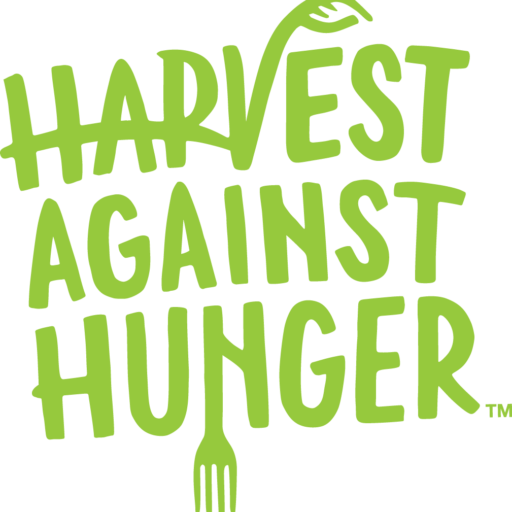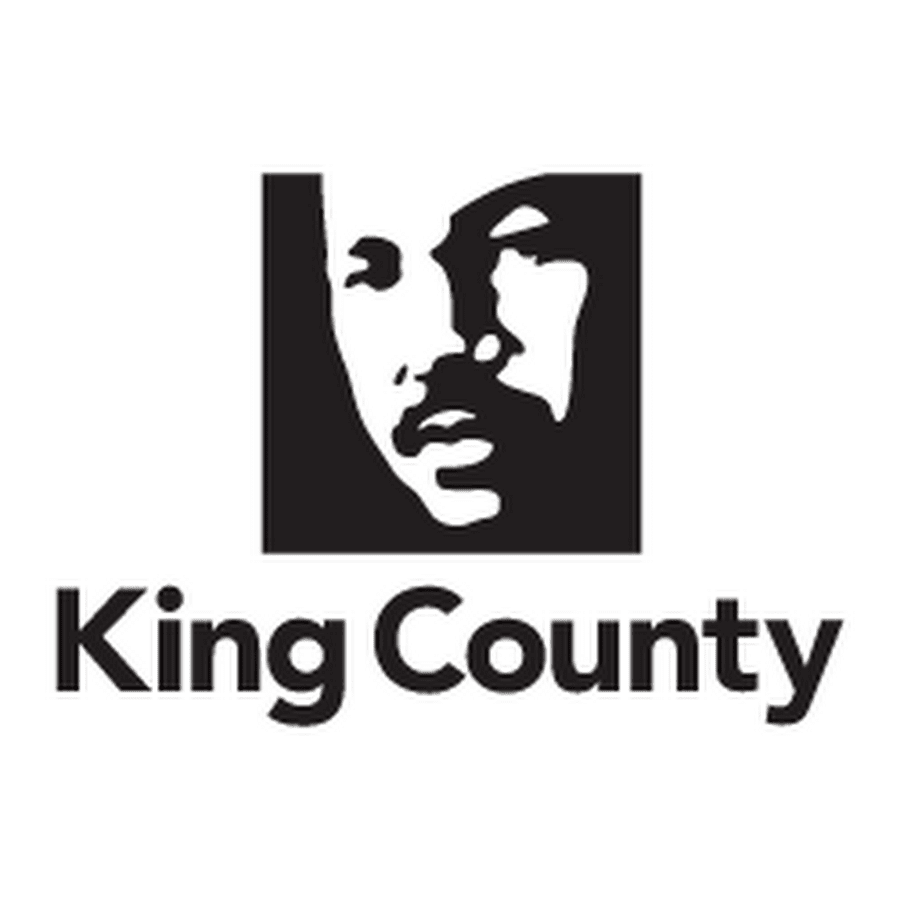King County Farmers Share
Building relationships for a healthy, sustainable local food system.
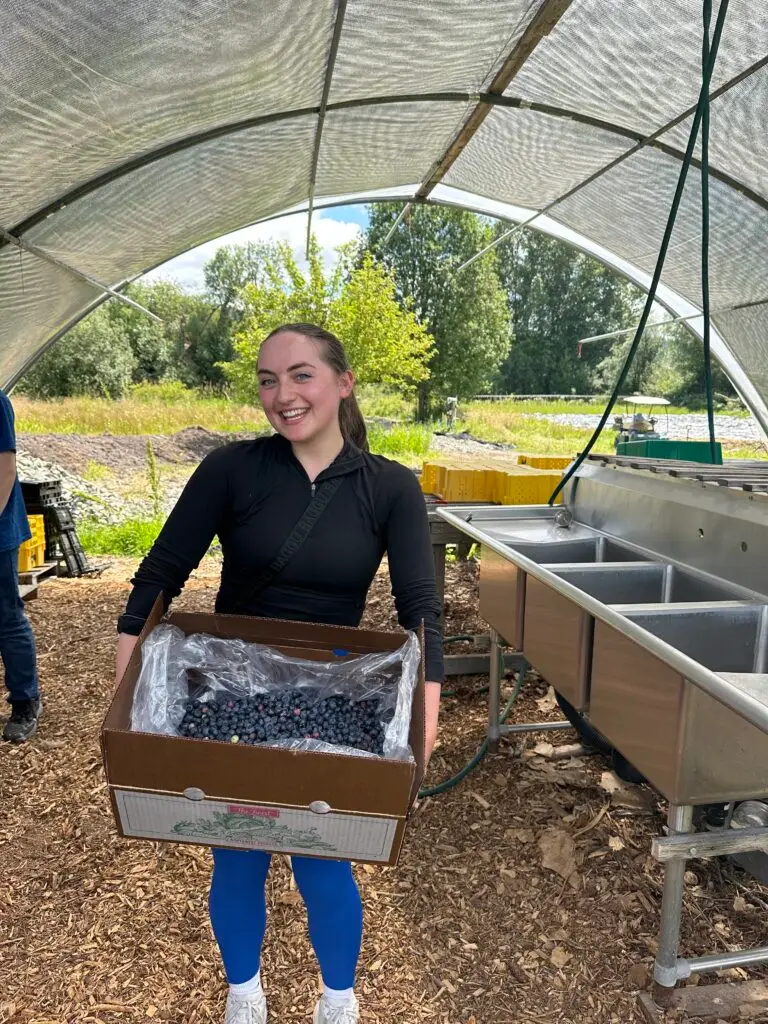
King County Farmers Share (KCFS) has been developed from the successful Farm to Food Pantry model to make an impact specifically within King County, Washington.
Through KCFS, we collaborate with food assistance providers, small farms, and aggregators within the county. Initiated by a Regional Food System grant from the King Conservation District, the program provides food banks, meals programs, senior centers, and other community organizations distributing free food with funding and technical assistance to establish purchasing contracts with King County farmers. Establishing these connections will both 1) increase the amount, variety, quality, and consistency of local foods available to King County residents experiencing food and nutritional insecurity and 2) support local farms with a consistent, profitable market and business development opportunity rooted in community.
HAH coordinates closely with our program partners to develop direct purchasing agreements between farmers and organizations as well as piloting new ideas, creating flexible arrangements that support the varied needs of our partners. Like F2FP, agencies and farms can arrange contracts upfront (pre-harvest) and also take advantage of extra produce the becomes available during the growing season — ensuring fresh, nutrient-dense food goes to people rather than to waste. Since it is not always financially feasible for small-scale farmers to make donations, purchasing allows food assistance providers to foster ongoing, mutually beneficial relationships more tailored to King County’s diverse culinary diaspora. Additionally, HAH provides regular networking and resource-sharing opportunities among the agency partners, as well as outreach support.
KCFS continues to meet dramatically higher levels of need at hunger relief organizations. Farmers interested in connecting with local food access organizations with aligned food needs and delivery windows can fill out our match-up survey: bit.ly/KCFSfarms
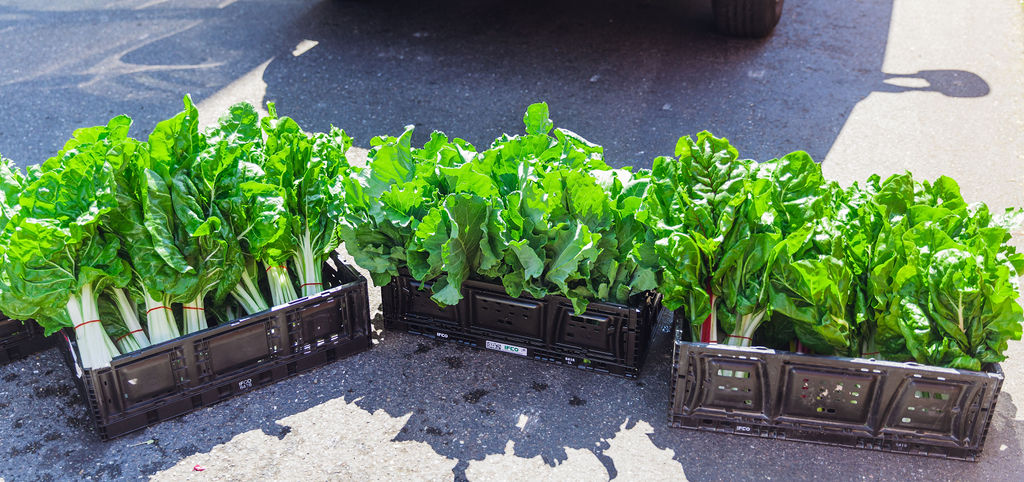
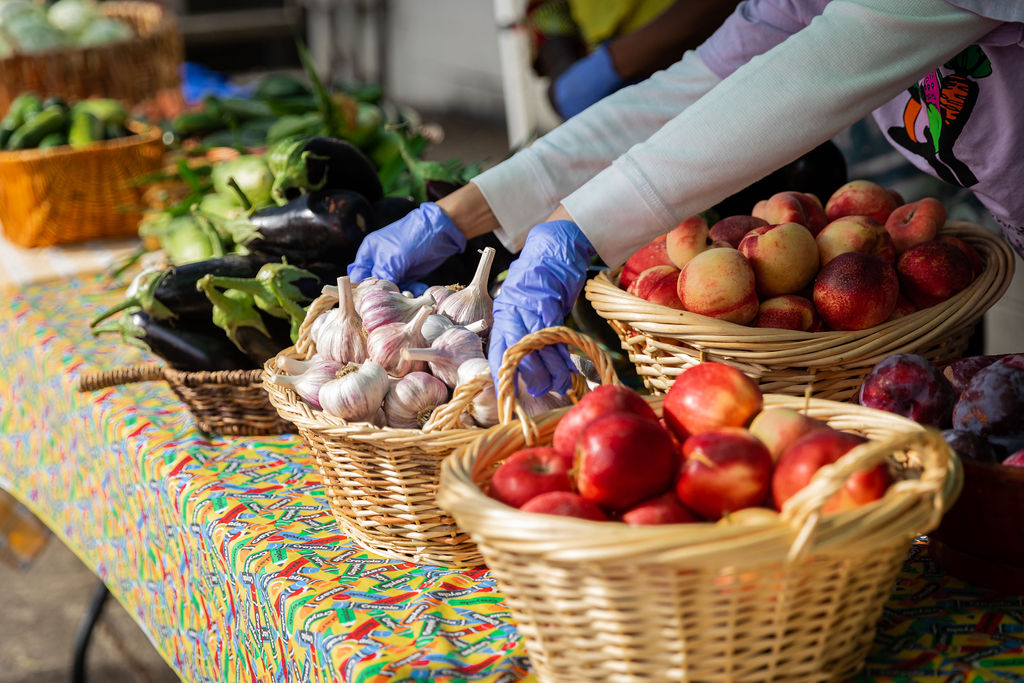
KCFS Story Map
Annual Reports
The KCFS annual reports provide data on:
- Pounds of produce procured
- Types of produce procured
- Donations and gleans of produce from partner farms to agencies
- Testimonials from partner agencies & the people they serve
- Impact stories from farms
Click to view and download yearly reports:
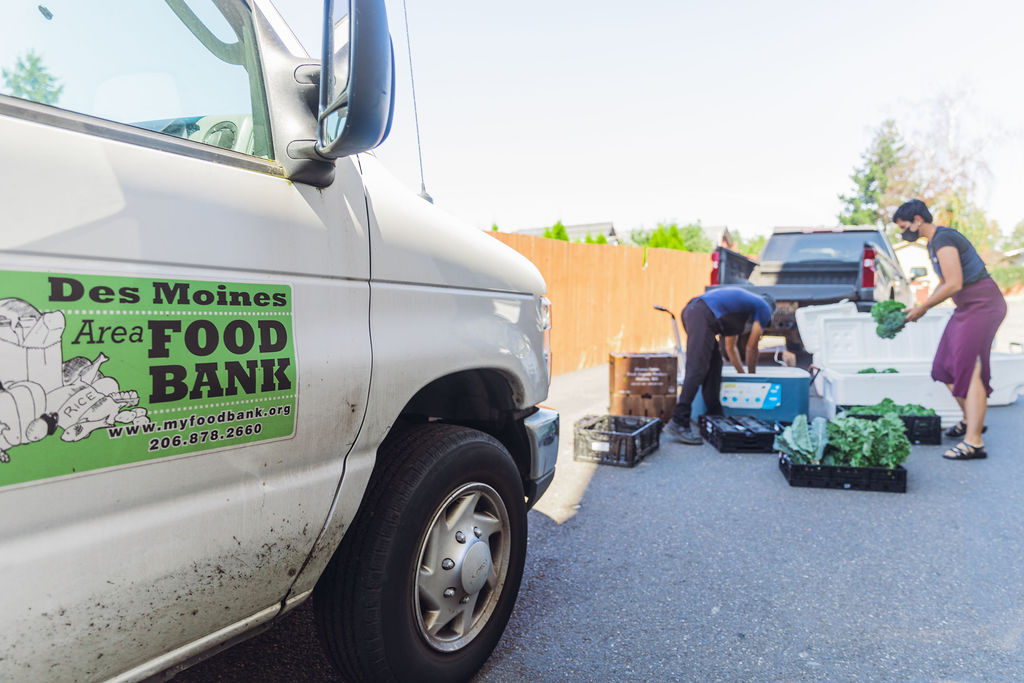
History and Growth
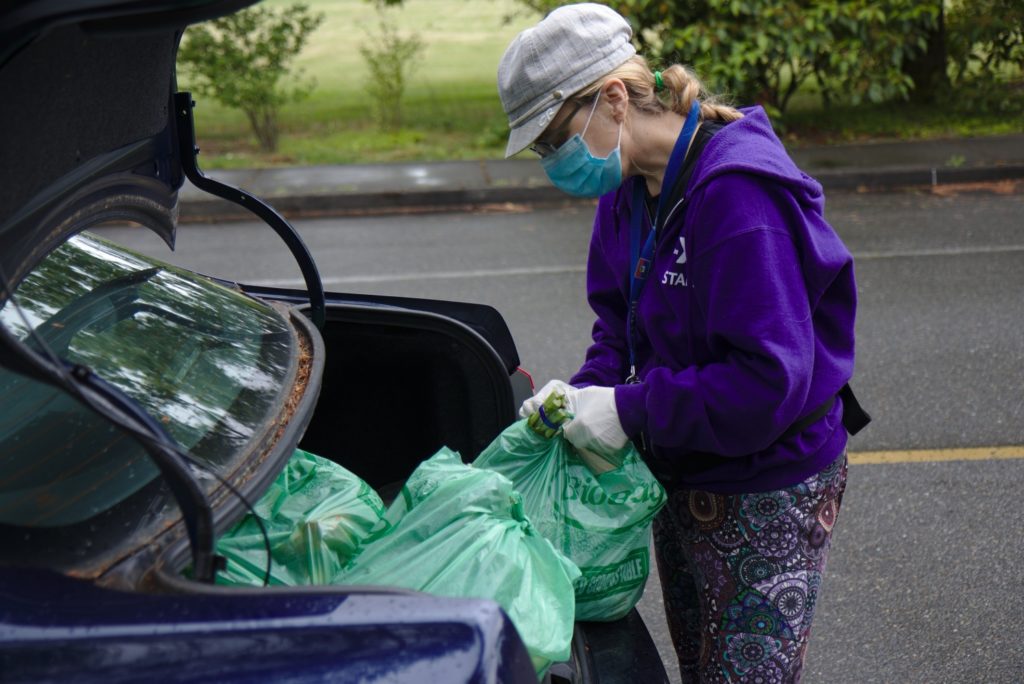
In 2019, the inaugural year of KCFS linked diverse small-scale growers to the following hunger relief agencies and/or their member food banks:
- Seattle Food Committee, which represents almost 30 hunger relief programs and food banks around Seattle
- Hopelink, a social services nonprofit serving north and east King County, which manages 5 food banks
- South King County Food Coalition, which represents 12 member food banks
- Mary’s Place, which provides meals in 9 emergency family shelters and a Day Center throughout King County
In response to the impacts of COVID-19, in August 2020, HAH subcontracted with a portion of King County’s CARES Act funding to expand the local emergency food system’s purchasing from King County farms through fresh sheets ordering and forward contracting through the end of 2020. These funds also supported payments toward King County eggs, dairy, and meat; and we also brought senior centers and community nonprofits newly distributing food into the program, broadening KCFS’s reach–see the web of connections above!
In addition, King Conservation District awarded KCFS additional funding to expand and extend the program through the end of 2021, and KCFS continued in 2022 with ARP Act funding through Public Health Seattle/King County.
Now well into its 6th year, KCFS supports 30 hunger relief agencies in partnering with over 40 small farms with funding from King Conservation District. KCFS continues to foster mutually beneficial relationships between growers and hunger relief agencies, strengthening the King County food system.
Interested in participating?
If you’re a small-scale King County farm seeking to build a new wholesale relationship that makes your product freshly available to low-income community members, we’d love to connect you with a local food access agency whose needs align with your produce availability and delivery schedule!


